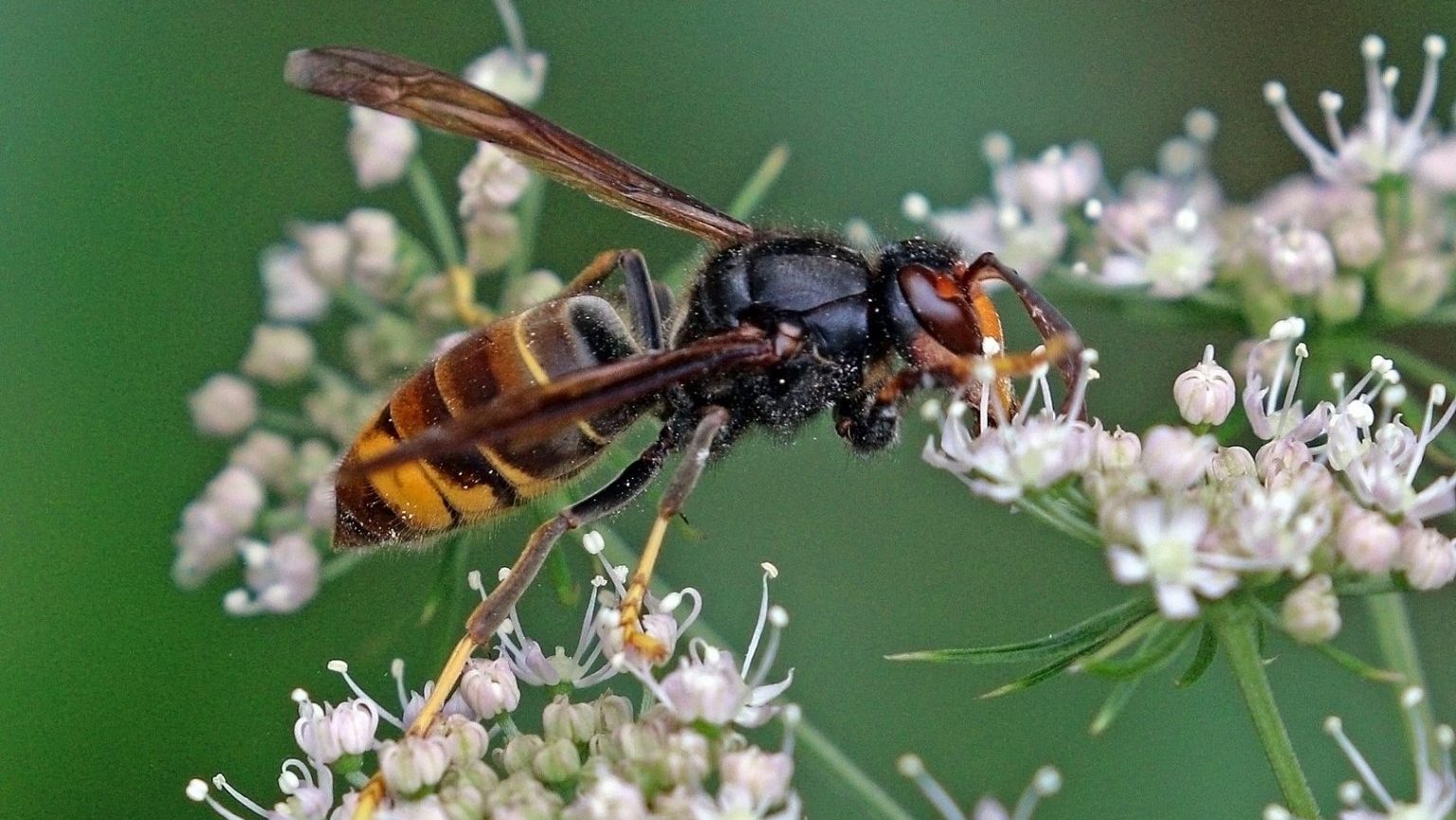The most dangerous opponents to biotech may not be on the side of the political divide you expect, says Princeton Professor of Biology and Public Policy Lee Silver. He argues that demagogic environmentalists and the natural food industry are giving genetically modified food an undeserved bad name and imperiling important advances in biotech.
Question: Will biotechnological advances happen faster with Bush out of office?
Lee Silver: I'm not convinced it will happen faster with the Obama Administration because when it comes to animal biotechnology the largest group of opponents probably voted overwhelmingly for Obama. The opponents of animal biotechnology are not people who are traditionally religious. The opponents are people who actually claim not to be religious but they have, what I would call this notion of nature is good, natural is best, we shouldn't tamper Mother Nature. I think that's the strongest group of opponents to this technology.
Question: So do you think of environmentalism as a religion?
Lee Silver: The concept of environmentalism is something that I would hold to as long as it was defined in a way that we protect the environment from harm, we don't emit poisons into the air or into the water, and we make sure to maintain large areas of wilderness. I think that a lot of what environmentalists should want is large areas of wilderness that are protected, [which] provide all sorts of benefits to humankind. What has happened now though is there are groups of environmentalists who have made up problems that don't exist. I say they made them up because speculation turns into a fact when it goes from person to person. These are people who think that genetically modified foods are bad for the environment, when in many cases there are examples of genetically modified foods [that] would be better for the environment in every way, no matter how you define the environment. That’s where the conflict comes. If you start out with an ideological point of view, genetic modification is bad, that is a religion because you can't move past that view. I would prefer [to] say it doesn't matter how we get to point B. Point A doesn't matter, but what matters is point B. If we can use genetic modification to get something that is good for humanity, [to] grow more food, [or] good for the environment then that's what we should be aiming for.
Question: What about the argument that natural food is healthier?
Lee Silver: There’s this very interesting belief and it's very widespread, it's not just among environmental or organic food activists. There's this notion that natural things should be given the presumption of healthiness. If it's natural that presumption is it's good and healthy. If it's synthetic, the presumption is it’s bad and unhealthy. That [belief] is actually false, and we know that empirically. We know, empirically, that foods, or crops, or plants in general produce the most poisonous things that you could ever come in contact with. They produce anthrax, and strychnine, and all of these other kinds of poison. There are thousands and thousands of poisonous chemicals that plants produce and they evolved to produce these chemicals to protect themselves. We can't say, oh it's natural therefore it must be healthy, we all know that you can go into the forest and there are mushrooms you can eat [and] you will drop dead.
Now what about the idea that synthetic is unhealthy? And again, it doesn't matter where a chemical synthesized. Cells synthesize chemicals and you can synthesize chemicals in labs, or you can genetically engineer a cell to synthesize a chemical that you want. That's being done right now to try to produce this anti-malarial agent in simple cells. Again it comes to the question of what matters, the process or the product? If you can't distinguish a product made in two different ways, then I would argue there is no reason to prefer one way over the other just at the outset. Genetically modified foods have to go through a very, very rigorous approval process in the United States. I think over rigorous; there are very, very few them that have made it through the process. The one gene that has been put into a lot of different foods is called BT. It’s the name of the bacteria that produces a protein so plants with the gene that make this protein is gobbled up by the larvae, the worms that eat the plant. The protein goes inside the larvae and it paralyzes their gut so it kills those larvae. Activists have been very much against the use of this technology to kill larvae, and to get higher yields of crops. However, that technology emerged from the organic food industry because this bacteria, which is a bacteria that grows in soil, BT, is part of a natural, organic way to put pesticides onto plants. They don't call them pesticides, they call them botanicals, it's natural. Lots of organic farmers spray their plants with the whole bacteria, and that's okay, it does exactly the same thing. That's accepted for organic food, but if you put a gene in it [that] makes this one protein, you’re not putting the whole bacteria in, [it is] not acceptable. If you look at how much BT is actually present on the genetically modified plant versus the organic plant, there's more BT on the organic plant. That immediately destroys the argument, but none of it matters because BT is a protein that if you understand the molecular biology, you understand the protein only works because it's a lock and key binding mechanism inside the insect’s gut. The protein does nothing to us. The protein has been fed [to] mice and there's no reason to expect the protein to cause allergies or anything else, and it doesn't. Everybody in America has eaten it and nobody's gotten a stomachache.
Recorded on: September 11, 2009





